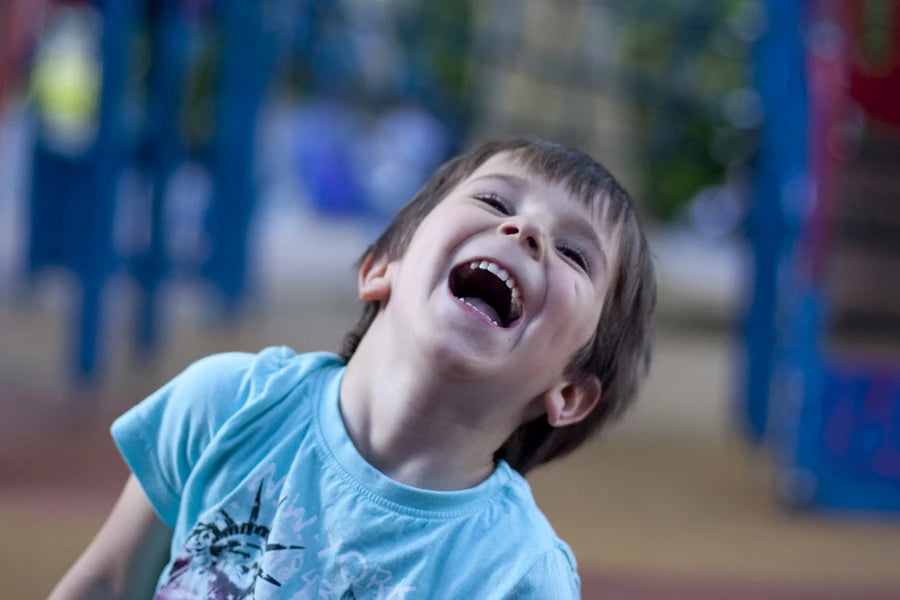
The link between parent and child sleep disturbances in children with attention deficit/hyperactivity disorder.
Bar M1, Efron M1, Gothelf D2, Kushnir J3.
Source Article: https://www.ncbi.nlm.nih.gov/pubmed/26922619
Abstract
OBJECTIVE:
METHODS:
RESULTS:
CONCLUSION:
Leave a comment
Also in ADHD Natural News

The ADHD Overdiagnosis Epidemic Is a Schooling Problem, Not a Child One



